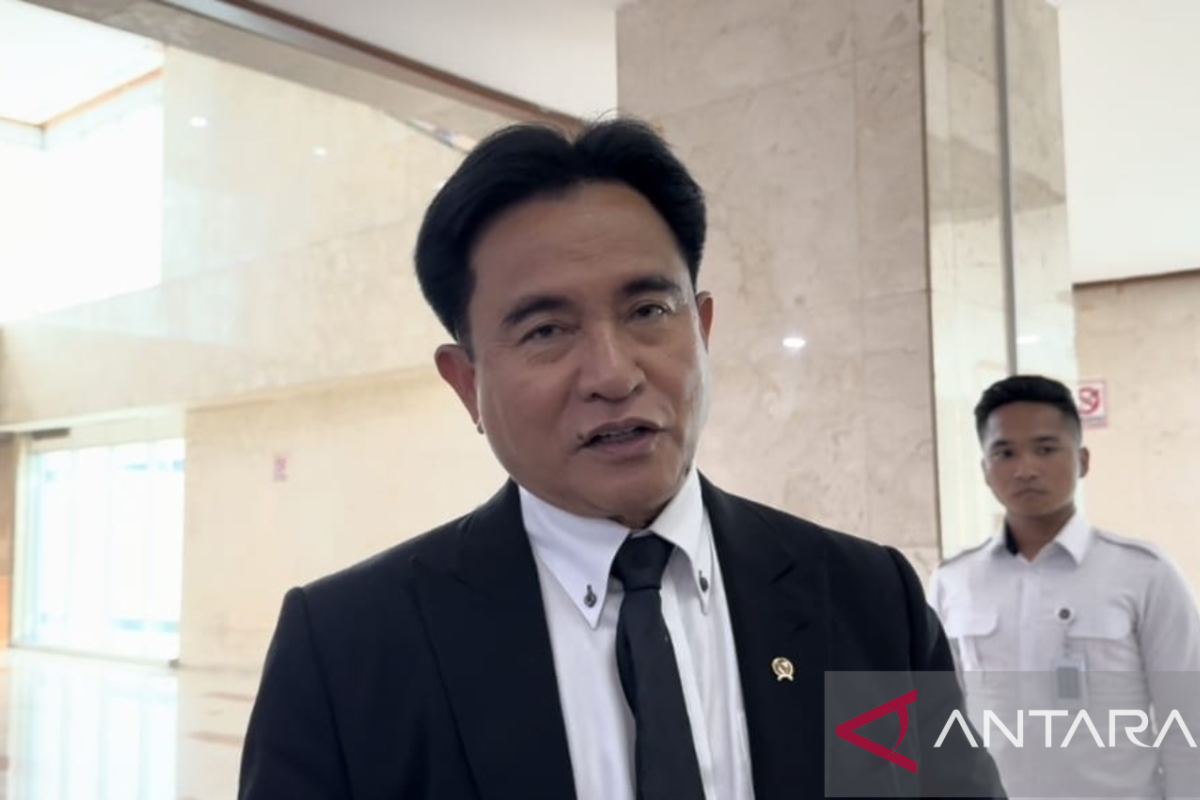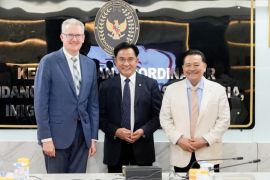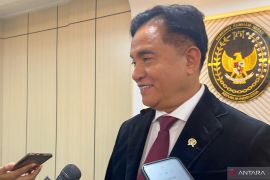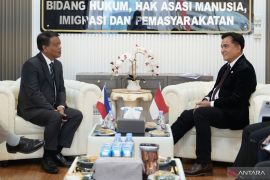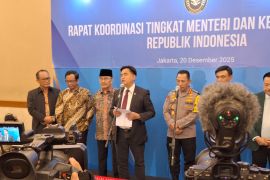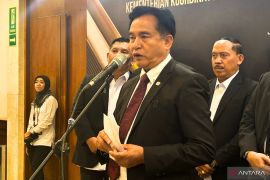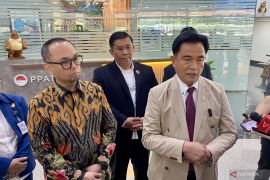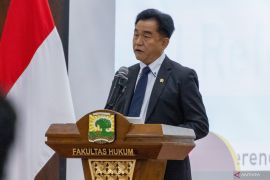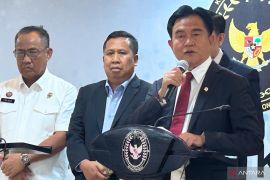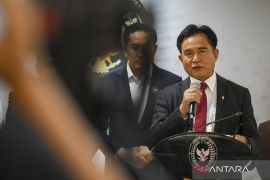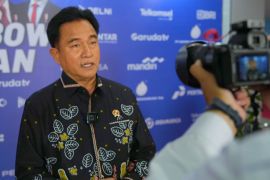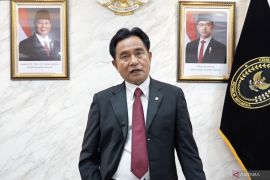"The technical aspects of the amnesty have been handled by Minister Agtas. We have collected the candidates' names to be submitted to President Prabowo Subianto," Mahendra revealed on Tuesday.
When questioned about the realization of the amnesty, the minister responded that it is a policy under the president's jurisdiction and can be implemented at any point during his tenure.
"Amnesty can be granted to anyone based on the president's consideration because this is no longer a legal issue, but rather, a policy decision that allows the president to grant amnesty, potentially altering sentences that had been previously determined," he explained.
Mahendra noted that it is common for heads of state to grant amnesty, citing the example of the 46th US President Joe Biden.
"For example, President Biden granting amnesty to prisoners in the United States is normal," he remarked.
On February 5, Minister of Human Rights Natalius Pigai stated that the amnesty granted by Prabowo does not extend to political prisoners involved in armed treason.
"Amnesty is not intended for them," he remarked at a working meeting with Commission XIII of the Indonesian House of Representatives (DPR RI).
He affirmed that the president will grant amnesty to all political prisoners or those who commit treason without weapons, including political prisoners linked to the Armed Criminal Group (KKB) in Papua, in order to foster reconciliation and peace in the region.
Pigai elaborated that in addition to political prisoners, amnesty would also be granted to prisoners with long-term illnesses, the elderly, people with disabilities, pregnant prisoners, prisoners with toddlers, minors, people with HIV/AIDS, and those involved in cases of violating the Electronic Information and Transactions Law (ITE Law).
Related news: No amnesty for armed insurgents for now: minister
Related news: Indonesia launches pocketbook for inmates granted amnesty
Translator: Melalusa Susthira, Resinta Sulistiyandari
Editor: Arie Novarina
Copyright © ANTARA 2025
